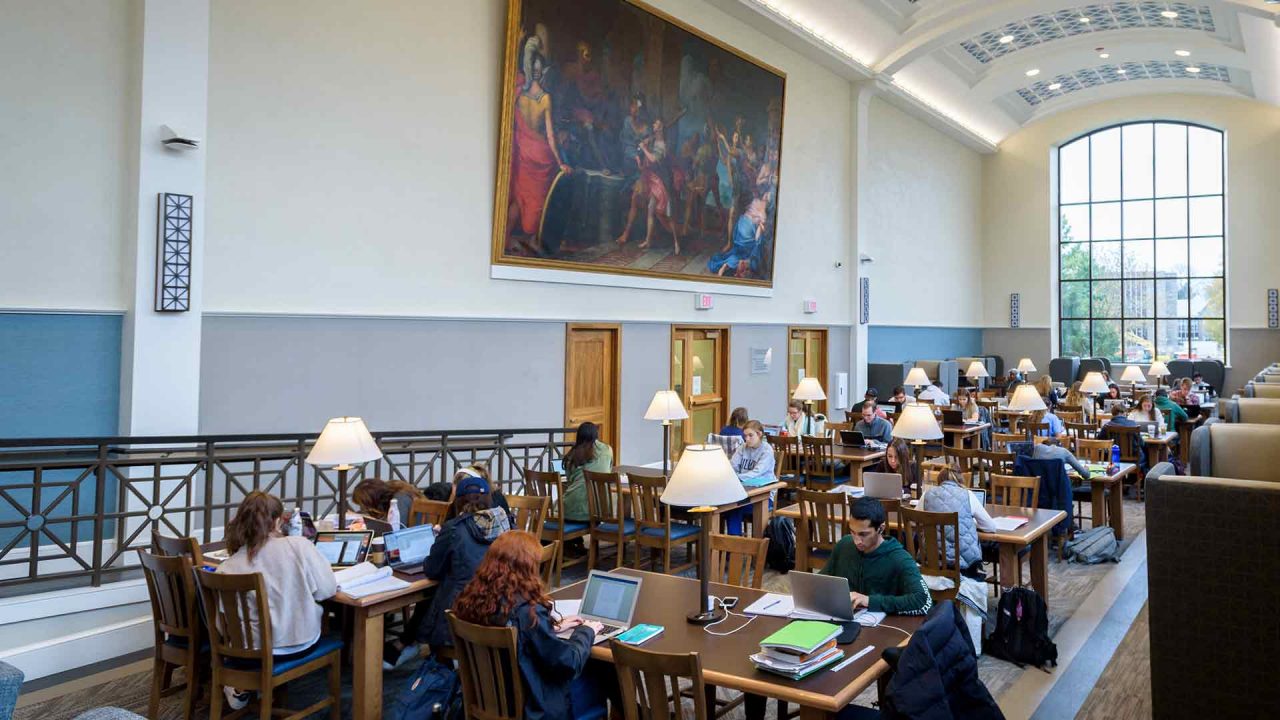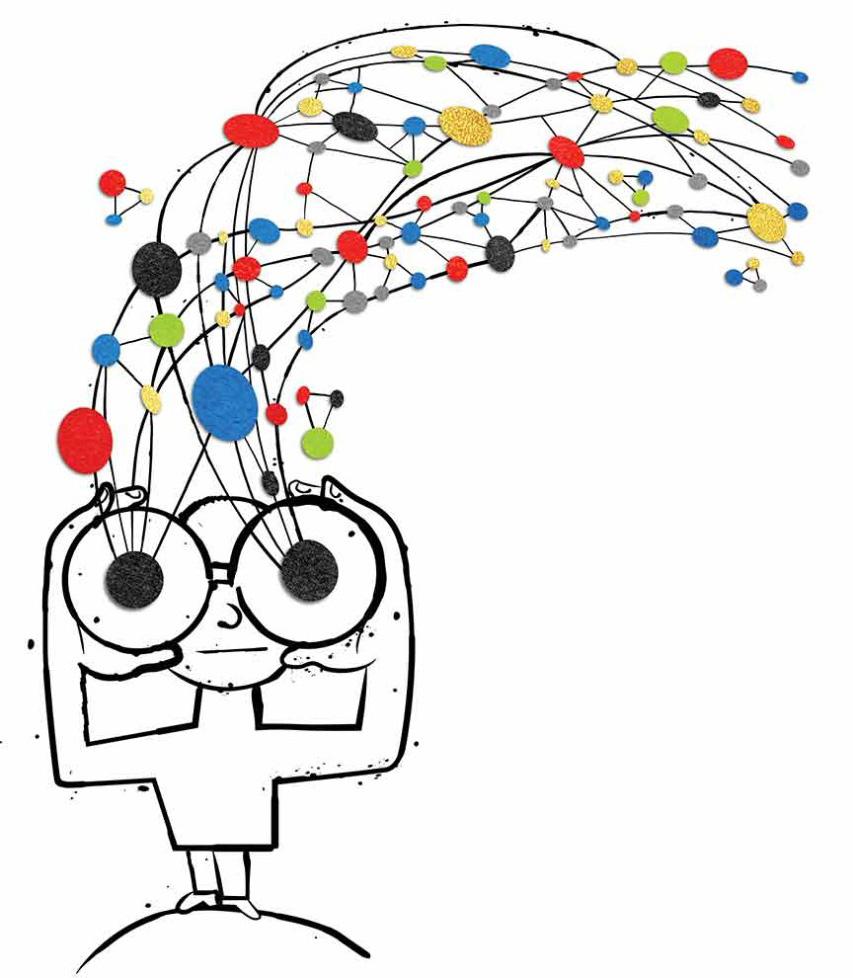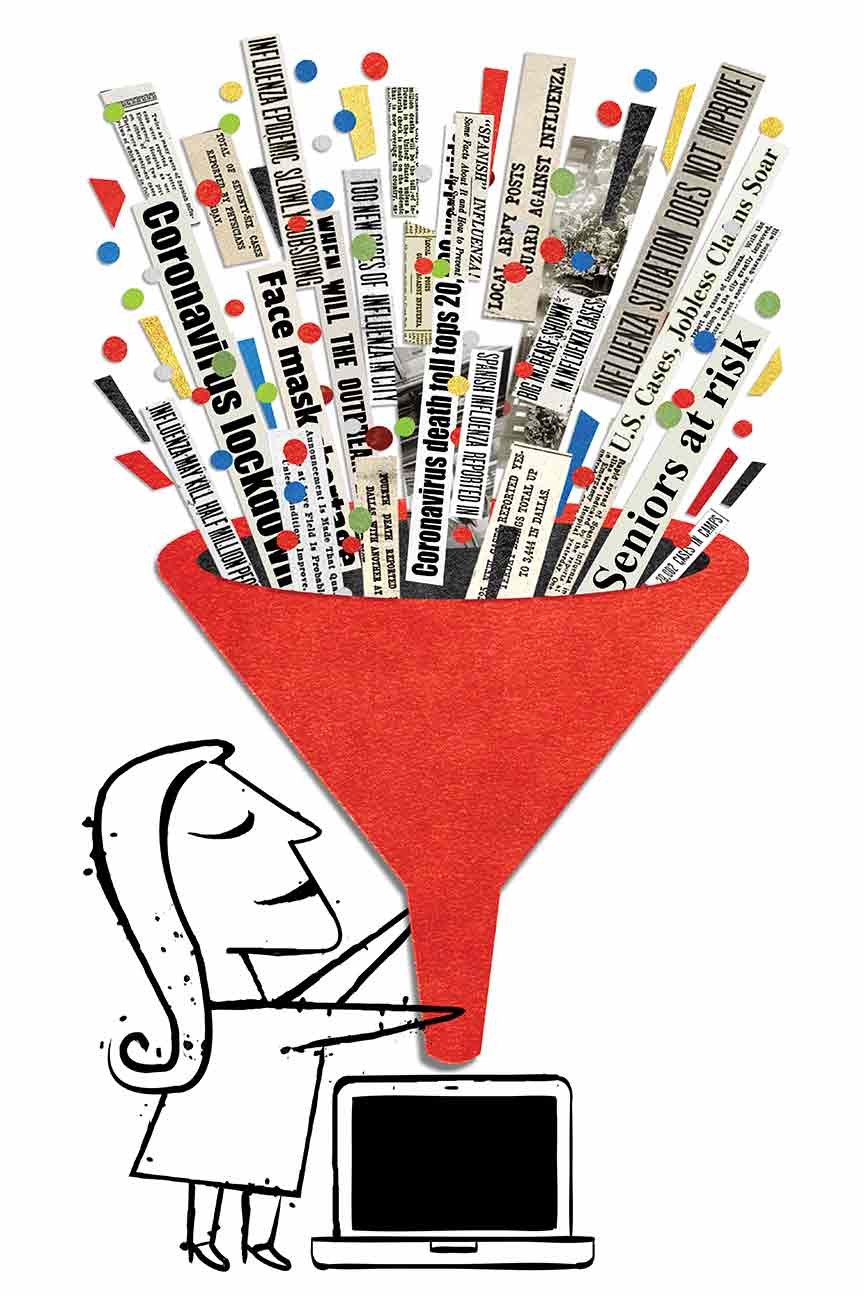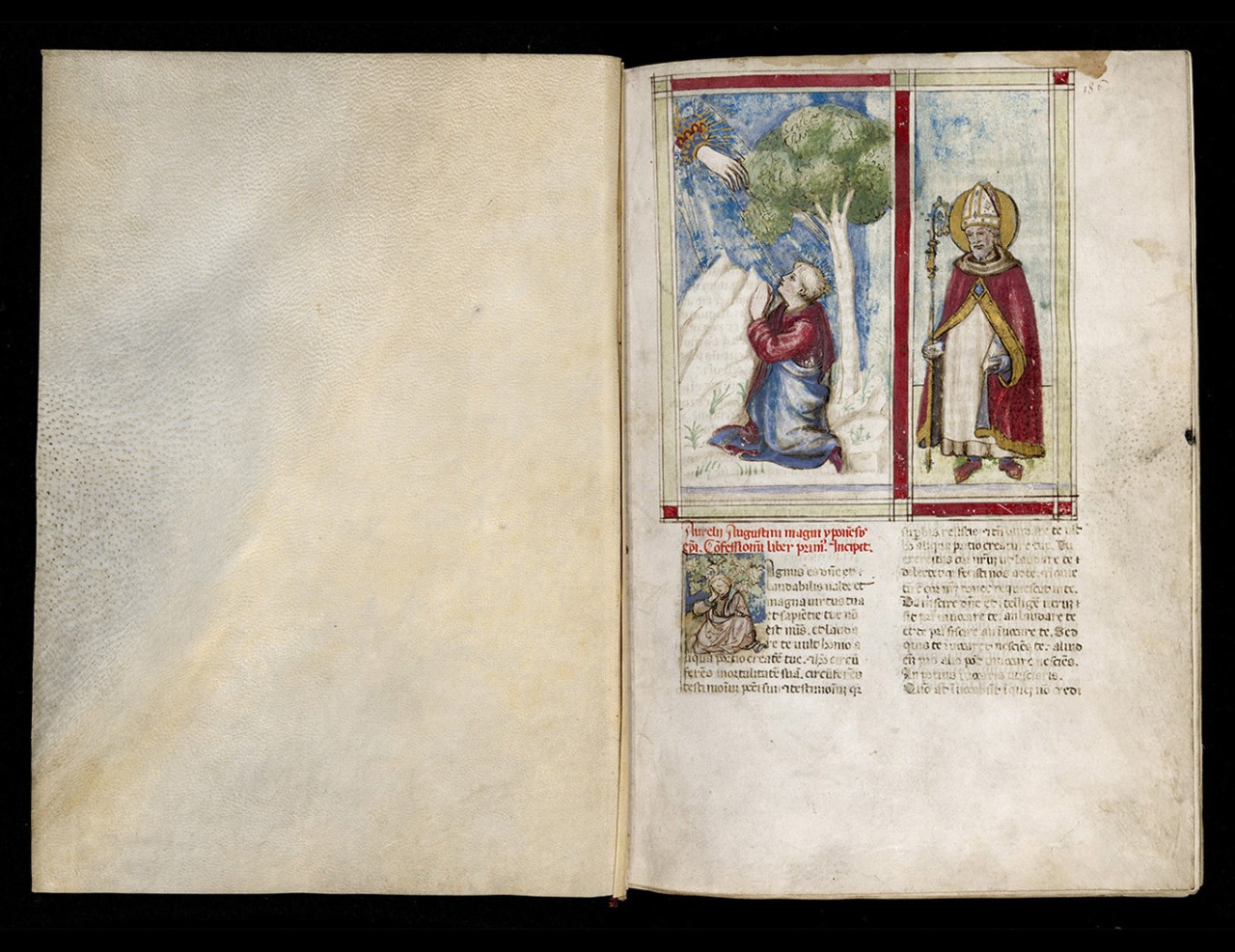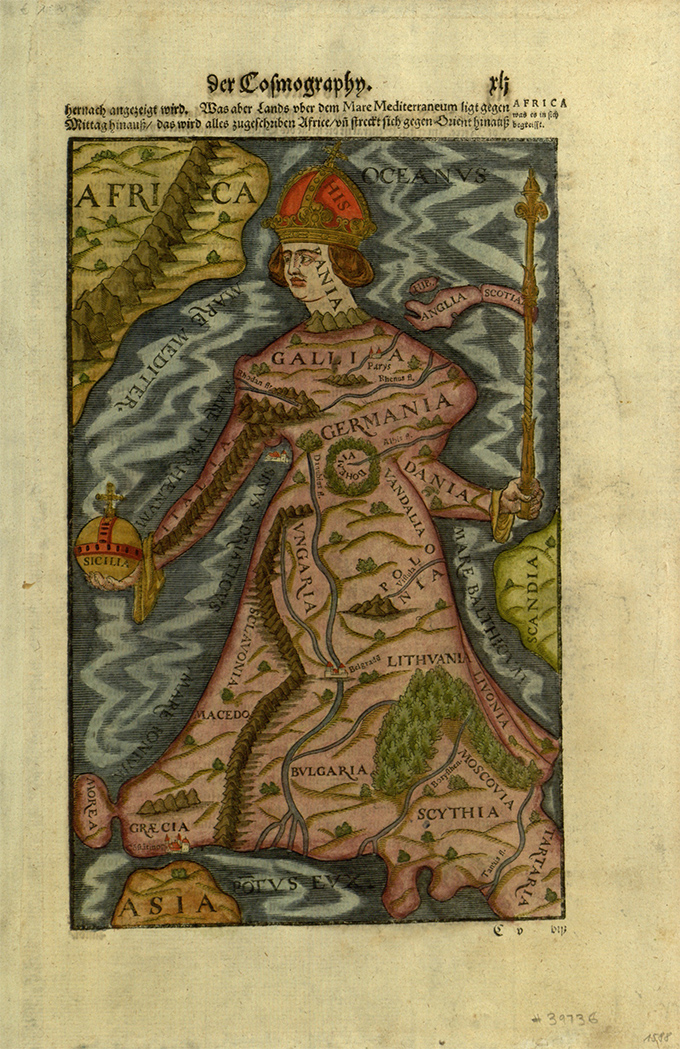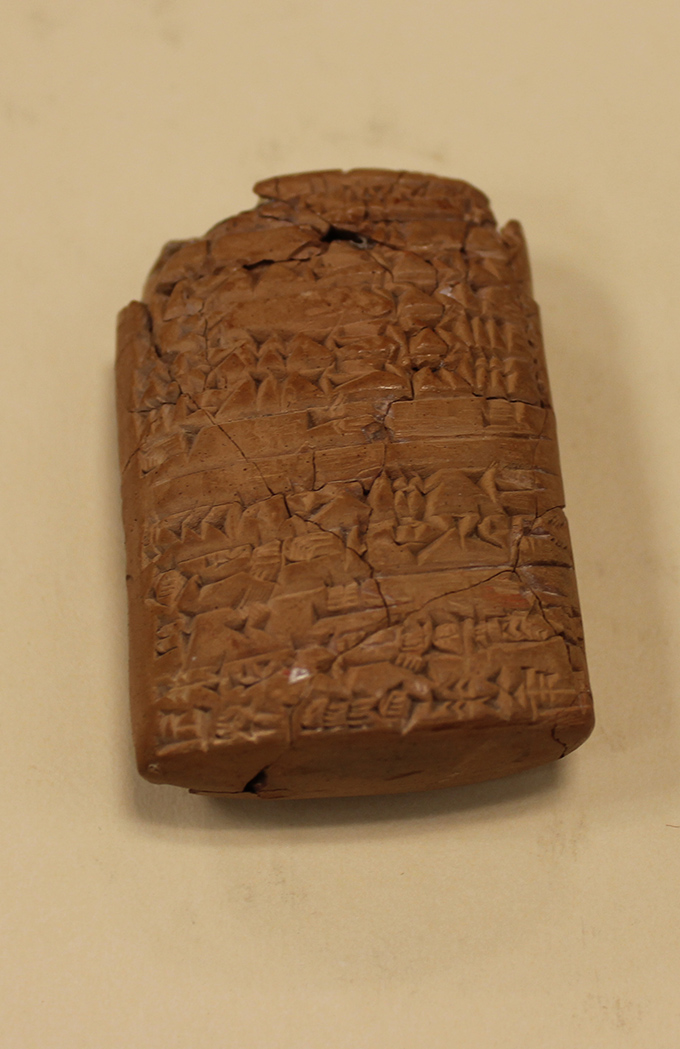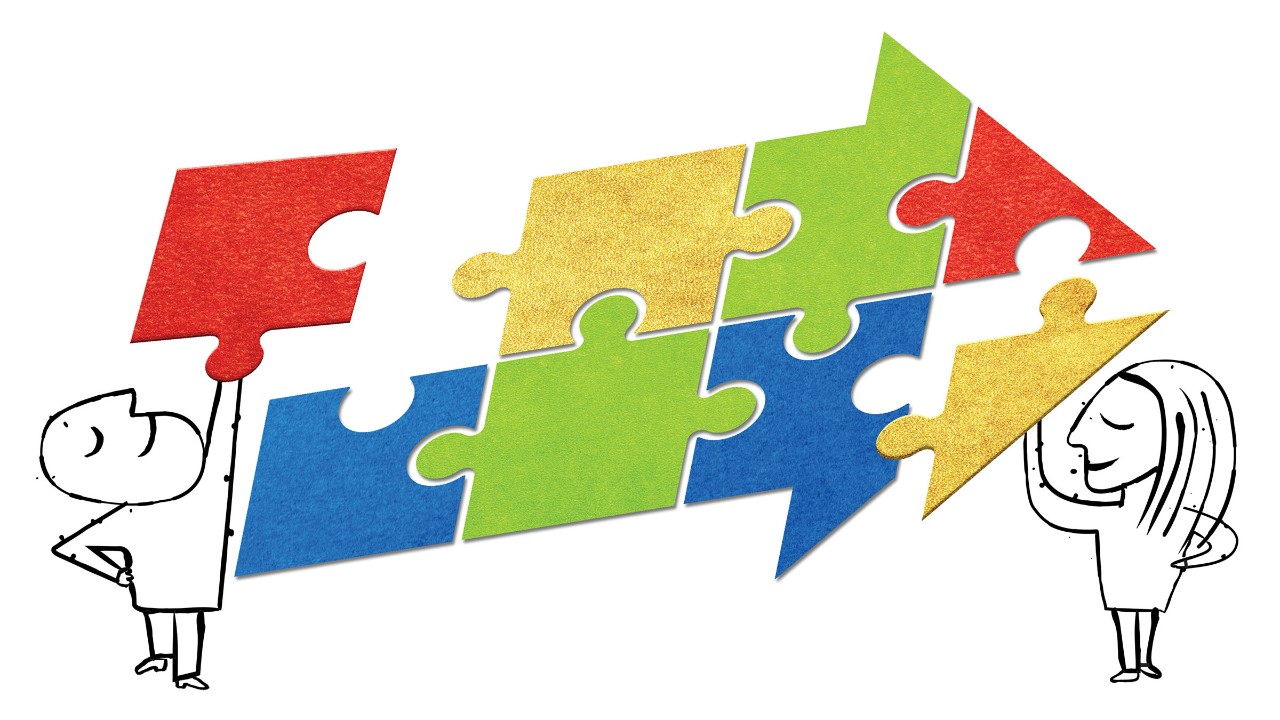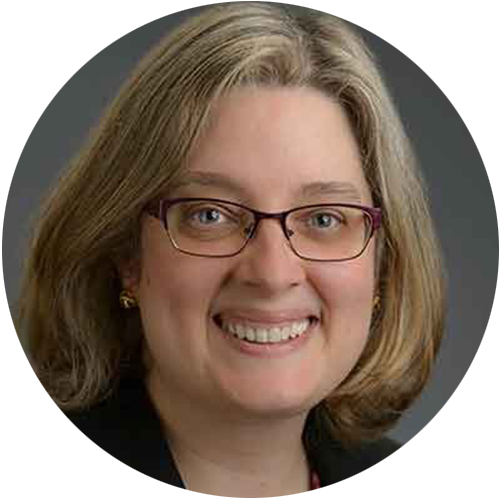As Villanova has continued its rise as a nationally recognized research institution, the Library’s role as an engine for research and scholarly activity at the University has accelerated too. Under the leadership of University Librarian Millicent Gaskell, MS, who took the helm as director of Villanova’s Falvey Memorial Library in 2015, the Library continues to advance the University's research and scholarly goals as well as supports the changing needs of students and faculty.
“Creating dynamic opportunities for research and scholarship is an integral goal of the University’s new Strategic Plan Rooted. Restless.—and the Library plays a more important role than ever in supporting intellectual inquiry and knowledge creation among our students and faculty,” says Villanova Provost Patrick G. Maggitti, PhD. “Falvey is the centerpiece of academic life on campus.”
As stewards of Villanova’s vast collection of 1.68 million titles, Falvey’s 47-person staff puts as much heart as intellect into their work. Their keen focus on providing strategic, data-informed, evidence-based services to support Villanova research and scholarship is matched only by their passion for facilitating personal connections, building a collaborative and inclusive community of global scholars, and providing more equitable access to knowledge.
“The library is often thought of as the heart of a campus,” Gaskell says. “With each partnership and project we embark upon at Falvey, our goal is to continue building a hub for learning and discovery where students, faculty, staff and the global community of scholars can access, create, and share knowledge.”
Historically, an academic library conjures up images of stacks upon stacks of books and a team of librarians who help students navigate them. “Back in the days when Falvey was built, you worked independently with your pile of books,” Gaskell says. “Now scholars’ work has expanded, and the library has transformed its services and resources to meet those needs.”
Villanova’s expert librarians and staff still connect students with the knowledge and resources they need to excel academically, but the wealth of information and impact of the Library’s services extend far beyond Falvey’s four walls and even Villanova’s campus community.
“In the changing landscape of information technology, it’s become part and parcel of a library’s mission to be on the cutting edge of delivering access to information,” Gaskell says. “We’re fortunate to have a team of skilled professional staff who facilitate that access and cultivate and share a broad range of expertise with patrons, virtually and in person.”
Let’s take a closer look at how Falvey’s expert services and academic resources support the needs of the 21st-century scholar at Villanova and beyond:
